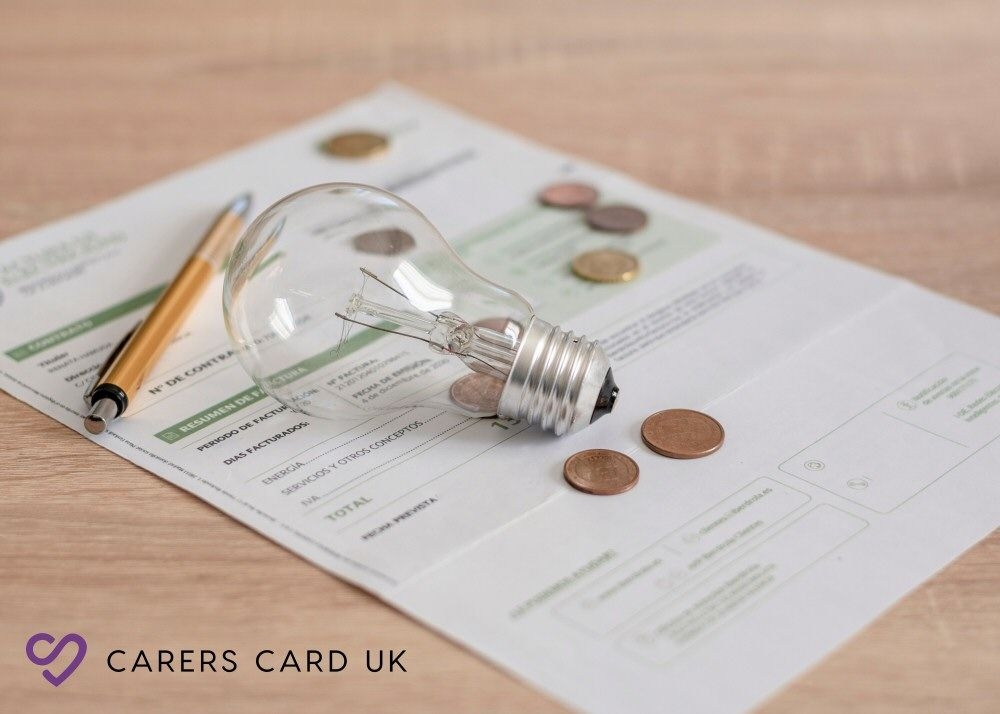1. Incorrect Temperature Settings
Setting your fridge at the wrong temperature can lead to excessive energy consumption. The ideal fridge temperature is between 3°C and 5°C. Freezers should be set at -18°C. Ensuring these settings can help maintain your food's freshness longer, and prevent your appliance from working harder than it needs to, thus saving energy.
Tip: Check your fridge's temperature settings today and adjust them if necessary. It could save you up to 10% in energy costs.
2. Overstocking the Fridge
While it might seem efficient to stock up the fridge fully, overloading can block air vents, restrict airflow, and force your refrigerator to work harder, which increases energy consumption. An overstuffed fridge also means that items can spoil faster due to inadequate cooling.
Tip: Keep space between items to allow cold air to circulate freely, and try to only keep as much in the fridge as you can realistically use before it spoils.
3. Leaving the Door Open
Every time the fridge door is opened, it loses a significant amount of cold air. Leaving the door open for an extended period while deciding what to cook or snack on can make your fridge work harder to return to the correct temperature, using more energy in the process.
Tip: Try to decide what you need before opening the fridge, and always ensure the door is properly closed. Teaching children to close the fridge door quickly can also help reduce costs.
4. Poor Maintenance
A fridge that isn't properly maintained can be a hidden energy hog. Simple tasks such as defrosting the freezer before ice builds up more than 1/4-inch and cleaning the dust off the back coils can improve efficiency and extend the life of your fridge.
Tip: Schedule regular cleaning of the coils and check for ice buildup periodically. This not only saves energy but also prevents unexpected breakdowns and costly repairs.
Summary and Key Takeaways
- Set your fridge between 3°C and 5°C and your freezer at -18°C to optimise energy use and preserve food.
- Avoid overloading your fridge to ensure adequate air circulation and less spoilage.
- Minimise the time the fridge door is open to save energy.
- Maintain your fridge regularly by cleaning coils and defrosting the freezer to enhance efficiency.
By making these adjustments, carers can ensure their fridge runs more efficiently, which helps reduce household bills and waste. Remember, every little change helps in making your caregiving journey a bit easier and more sustainable. For more practical tips on managing your home effectively as a carer, visit CarersCardUK.

